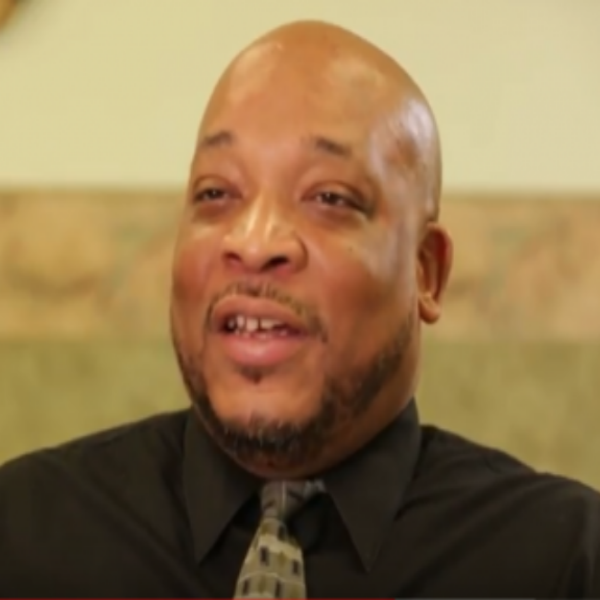In a recent interview, Director of Housing Operations Greg Watson spoke about his time at Embrace Living Communities, his hope for the organization and, its roots within the Council for Health and Human Service Ministries (CHHSM).
How long have you been with Embrace Living Communities?
I’ve worked with Embrace Living Communities for 13 years. I started out at Greencastle of Woodlawn I and Greencastle of Woodlawn II, where I stayed for about seven to eight years or so. Then I went to Greencastle of Morgan Park & Beverly for four years before coming to the Oak Brook offices where I work now.
How did you come to work with the Embrace Living Communities? What attracted you to the organization?
I had been working with Lutheran Social Services on the Southeast side of Chicago. While I was there I knew a person I highly respected who worked for the company, which was Lifelink at the time. This person told me about an opportunity there, how great the company was to work for, and how it was like a family. When I first started working here, other employees would tell me the same thing and soon after I began to experience it for myself.
What were your experiences like at Greencastle of Woodlawn, when you first started?
I kept hearing about how much fun they had. The connections within the communities were a lot more established, and I thought that was very interesting. In my previous experiences, communities were very separated and sustained. But at [formerly] Lifelink, managers told me how there was a culture of doing things together. For example, there was a big dance and all the residents from different communities would go. So overall, there was a lot more connection between the communities and the managers, which really stood out to me.
What’s your day-to-day like in your role?
Our day-to-day is very different. We do have weather reviews, we work on operations manual and development programs for team members and things like that. Addressing operational concerns is mostly what I do. Assisting mostly managers, but also the organization as a whole, to align themselves with our vision and the vision of our partners. Sometimes people see this as “compliance,” but it’s more than that. It’s not only knowing the rules, regulations and the laws; but, understanding why they are there, what purpose they are trying to serve and aligning ourselves with them.
I’m fairly new to the Oak Brook office, and I still have one foot on the front line, so I can see how different things affect people in the communities. I can not only see how a policy will be implemented, but also what effect it will have on the community, so that helps guide my position now.
What led you to becoming a part of the Nollau Institute, what stood out to you about it?
I was told about the program by three people within the organization who had gone through it before me and they thought I would really enjoy that type of leadership program. What I found interesting about the class was the spiritual aspect, the connection between leadership traits to your spiritual values, and how those values play a role into your calling. That stood out to me.
How will your involvement with Nollau and CHHSM impact your work at ELC?
The Nollau Institute is all about knowing your organization from a mission, vision and value perspective and understanding your part in manifesting and living those things out. Being a part of Nollau and CHHSM has given my work more purpose and clarity. It reinforces the calling to be of service to others as the reason we do what we do.
Why are programs like Nollau important?
It helps to understand yourself as a leader and sets out to enhance your purpose and effectiveness with the organization.
What things do you think set ELC apart from other housing providers?
We truly care for and take care of our team members and the residents we serve. It’s about the people, not just maintaining the communities. Also, we make every attempt to develop people and that’s important to the development of the organization.
What are some of the biggest challenges affordable housing providers face, and how does ELC overcome those obstacles?
Funding and budget constraints are the biggest challenges. We would like to expand our services to other communities and do more activities and functions with our residents, however, the funding is not there, so the teams get creative and do things that aren’t costly, but still show we care.
What are you most looking forward to for ELC this year?
I’m looking forward to the development of our teams. We have a number of people in new challenging positions, so I look forward to assisting their growth and development within the organization.
